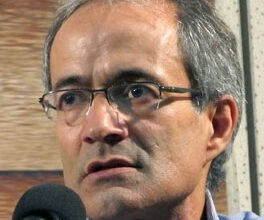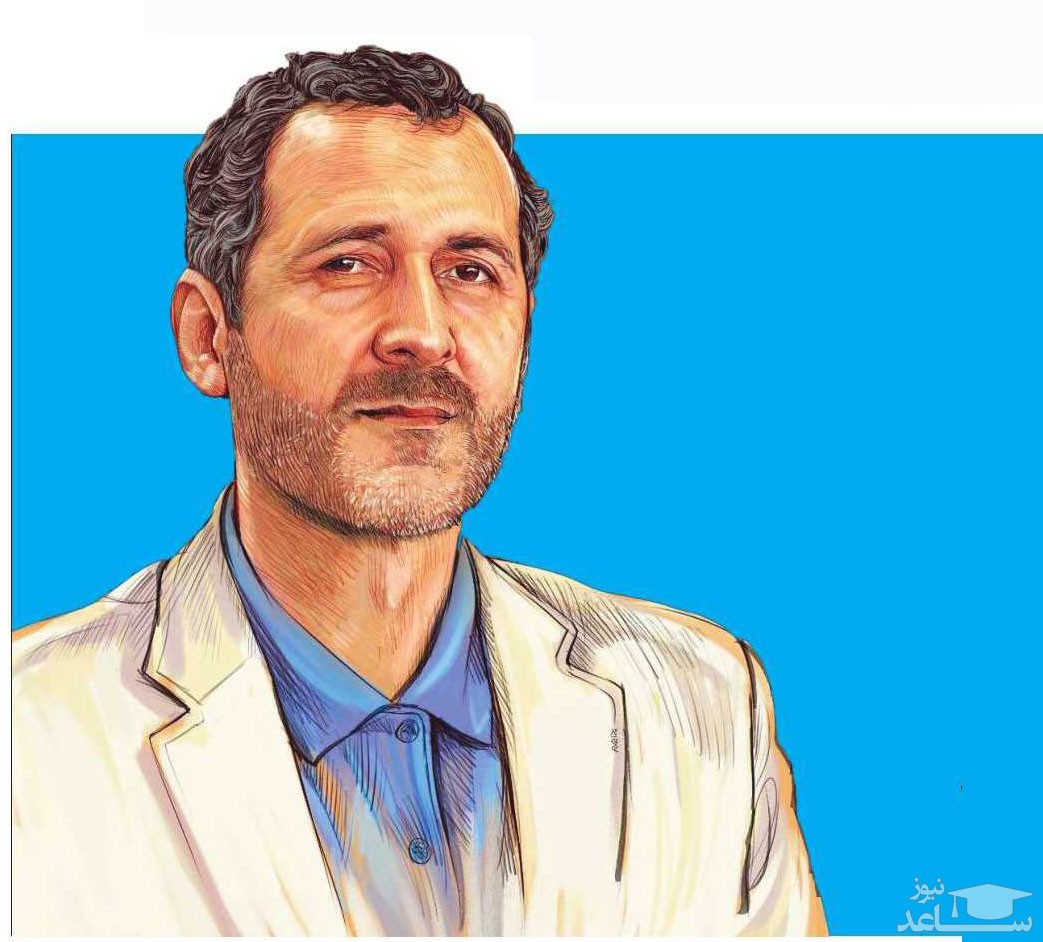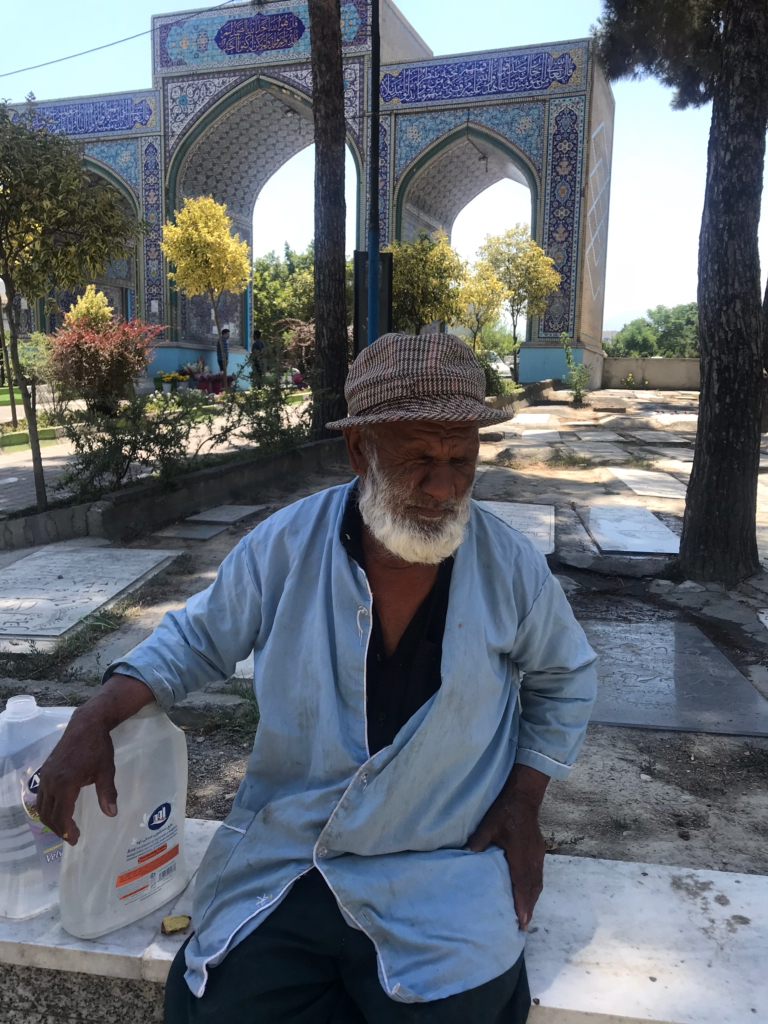کتابها و پژوهشهامقالات انگلیسیموسسه مطالعات و بررسیهای سیاسی و رسانهای اندیشه و قلم
Cultural components of the Islamic resistance discourse in the Middle East

Cultural components of the Islamic resistance discourse in the Middle East
Document Type : Original Article
Authors
۱ PhD in Political Science and Visiting Assistant Professor, Islamic Azad University, Central Tehran Branch
۲ PhD in Sociology, Islamic Azad University of Tehran
۳ Graduate of Social Sciences Research, Mazandaran University
۴ PhD student in Sociology, Kashan University
Abstract
“Islamic resistance” is one of the most important phenomena in the Middle East. The present article has been compiled with the aim of examining the cultural components of the Islamic resistance discourse in the Middle East. The research method is discourse analysis. Cultural components were examined from the texts, speeches, thinkers’ notes, as well as referenced texts of this discourse. Laclau and Mouffe’s method of discourse analysis has been used to analyze the subject in order to identify the cultural components of the resistance discourse and the currents that oppose it through this theoretical framework. To achieve this goal, Iran, Afghanistan, Iraq, Lebanon and Palestine were chosen as the geographical areas of the Islamic resistance discourse. The findings of this study showed that Islamic resistance as a discourse has not yet made sense of its floating signs in many countries in the region, and these floating signs still have a wide range of floating semantic load. The results indicate that the discourse of the Islamic resistance, in order not to face the decline of its forces, must first enter the arena of hegemony and next time organize some of its disorders theoretically. Also, some of the challenges facing the discourse of Islamic resistance were examined. The results of this research can be used for scientific, strategic and macro policy centers.
Keywords





